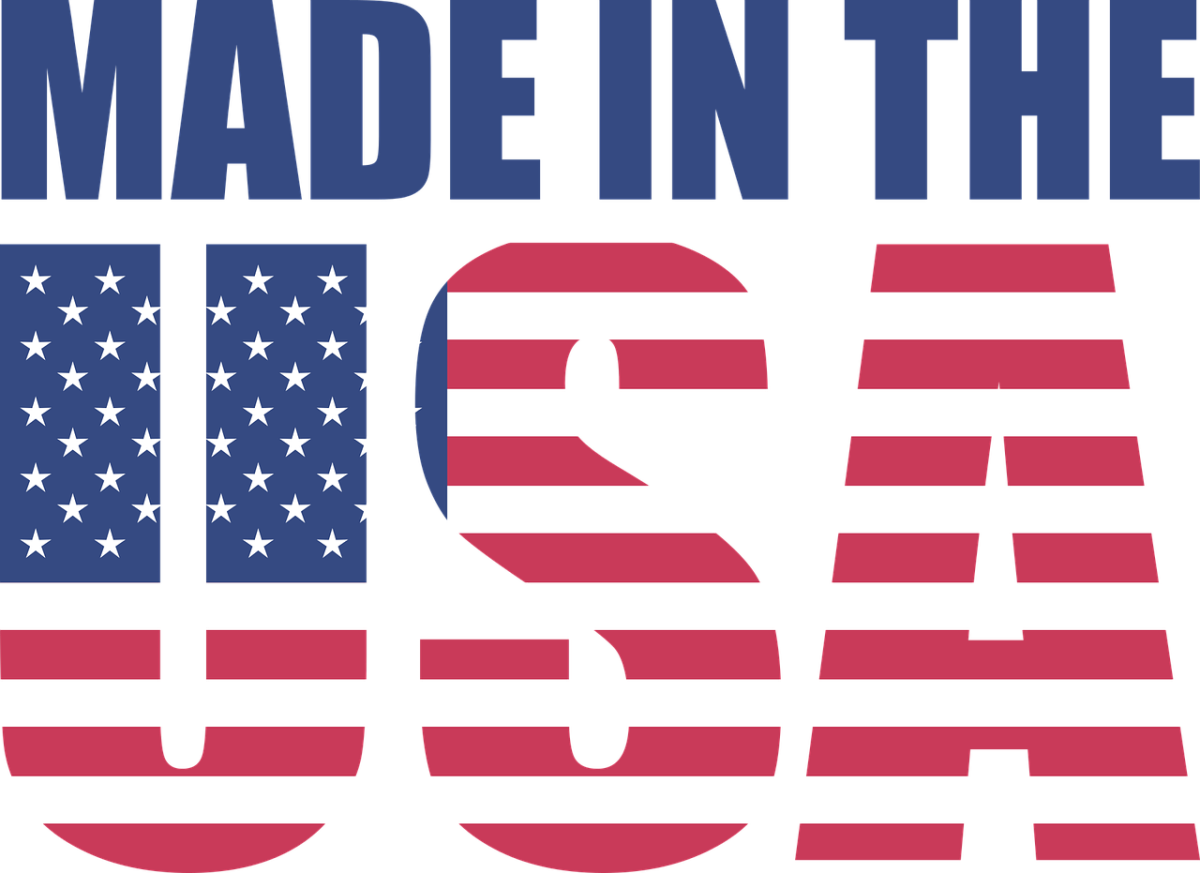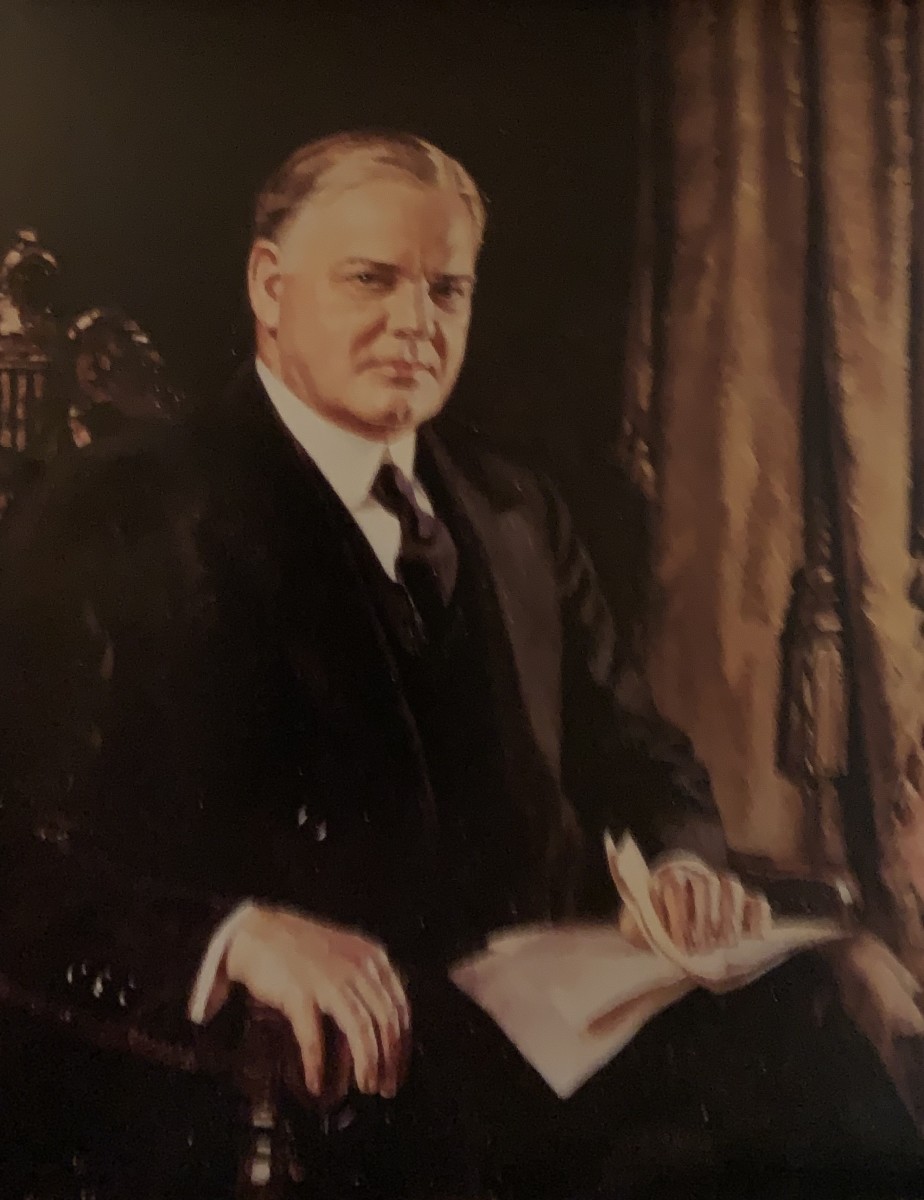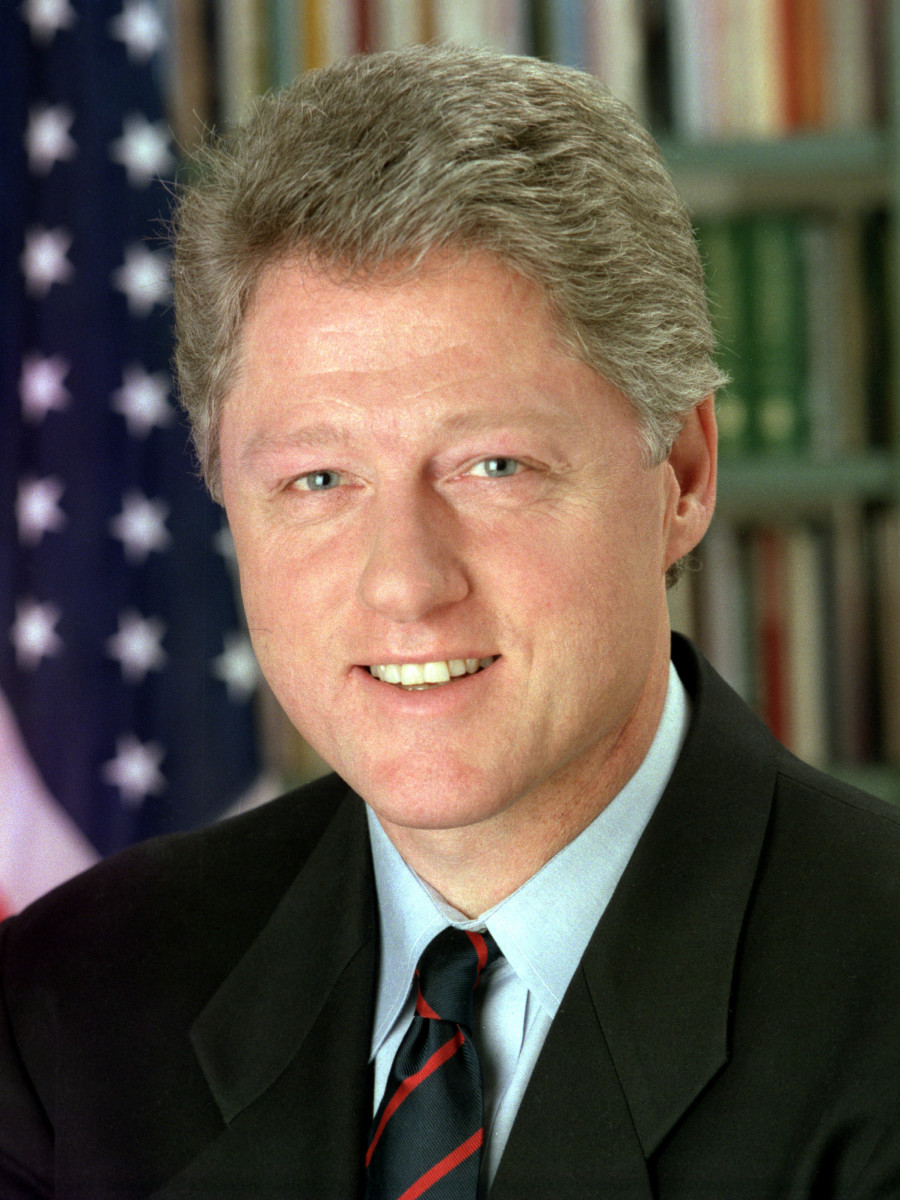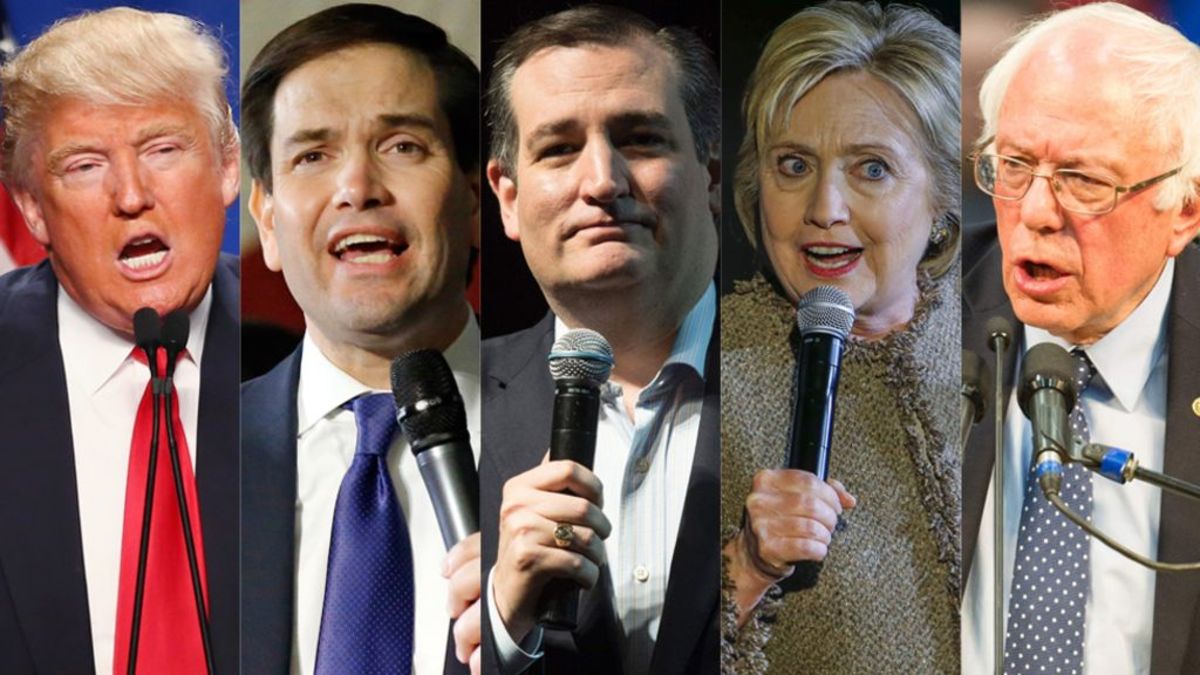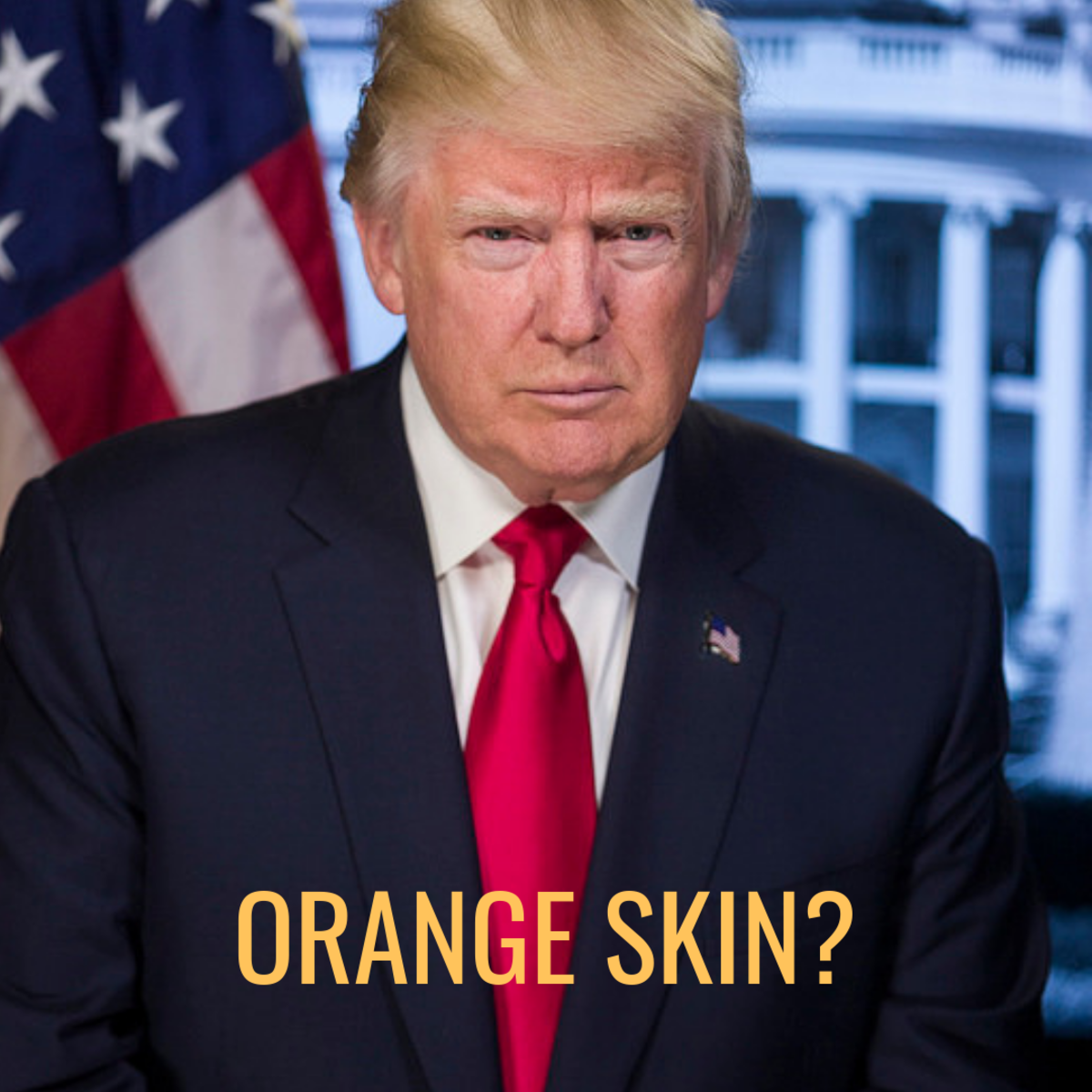"Make America Great Again: The Power and Myth of Slogans
Catch phrases and slogans are important when trying to get yourself recognized and standout from the rest of your peers and competition. Sometimes they are ridiculous and just sound awful. Sometimes they are simple and its delivery paired with it just clicks with the public psyche (“Where’s the beef?” anyone?). And other times, they come at a point in time where it becomes a snapshot not just of a group’s ideals, but of an era.
Donald Trump is trying to bank on this with his campaign slogan, “Make America great again”. Besides his politics and unapologetic comments, this is one of the most mocked aspects of his campaign. But it is also a catch-22 booby-trap as well. So let’s for the moment leave the man and the presidential campaign aside for the moment and look at this idea of America being great.
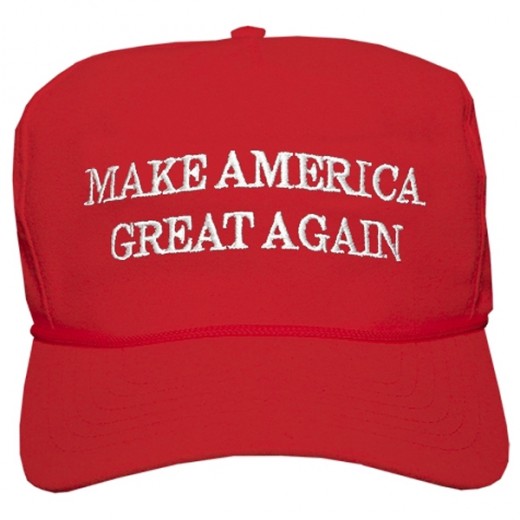
Bait and Trap
“Make America great again” is a political bear trap because it is tapping directly into the well of national patriotism. And patriotism can be divisive as well as uniting. It can divide people into “for” and “against”. If one were to say that, as many progressives do, that America was never great, then they are accused of being unsupportive of the country and it’s military and unappreciative of its rights that it enjoys. And few Americans will tolerate an ungrateful citizen who doesn’t appreciate what they have. They want to follow someone they believe in.
On the flipside though, if one agrees to the slogan of us being great again or still are, then they risk being accused of ignoring the country’s past and current failings. Those got left out while America was being “great”. This is especially tense given this past month alone of violence against Black youth by cops and the sporadic retaliatory response in turn.
This contention of one or the other has important ramifications beyond mere philosophical musing. When Ronald Reagan won the 1980 election, it was coming off of twenty years of war, shit, and chaos. Vietnam had ruined America’s military reputation, the civil rights and anti-war movements had destroyed the perception of a safe and secure America, and the economic crisis of the 1970’s led into a sense of meandering and near hopelessness in the nation’s mentality.
Reagan tapped into this sense of lost and promised to make America strong and respectable again. Sounds familiar? Though he was just a Hollywood actor, he somehow connected with the desire for hope, to believe in the nation again during a time where it was difficult to do so with a straight face. And it worked, winning him not just one but two elections and causing him to become the virtual republican messiah and example to be lived up to.
He stood against the chaotic factors that had caused the national rut, re-strengthen the military, and boosted moral once again. All this in spite of his numerous failings like “Trickle down” economics and Iran contra. It is said that when his 1984 opponent, Vice Presidential candidate, Geraldine Ferraro, lost the election and she asked one of the voters why they voted for Reagan when they knew what was wrong with him, they replied, “He makes us proud to be Americans again.”
Right or wrong, feelings and moral, even in the face of logic and reason, are important. That is why politicians step carefully around America being great, even while attacking the man who says it. But is there a historical precedence for this idea of America being great? Or is it just a delusion many of entertain in the name of patriotism and our own sanity?
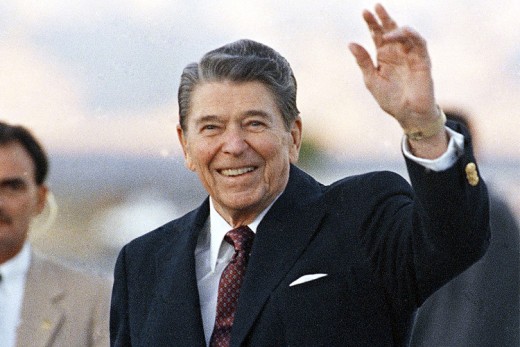
Back in the Day
Well it might be that the people who buy into the “Make America great again” are looking back to the 1950’s, like we did in the 1980’s elections. That era falls under two stereotypes: overly conservative and ridiculously prosperous. America just came out of the Second World War as one of two sole superpowers in a space of five years.
Five years! It has taken European powers centuries to achieve that kind of status. The war economy had made business rich and new businesses were springing up from the ground with each mile being laid for the new interstate highway system being constructed. People could actually afford to get a house and on the surface, America seemed stable. A similar argument can be made for the 1980's as well, when the government took a 'hands off' approach to business during the height of the Cold War,
If followers of Trump’s slogan are harking back to this era, then it is understandable why they would vote for him or buy the idea. By nature, human beings are always going to prefer safety and security over progressivism and liberty, when pushed against the wall. Sins become rationalized and small highlights are blown up into bigger ones. The duality of the 1950’s with its growing civil rights movement, the new demographic called ‘teenagers’, and the fear and tension of the Cold War, are subsided or just ignored. But on the surface, America did seem in some ways, great.
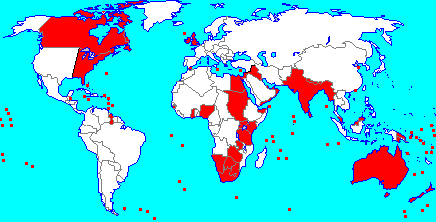
What is Great?
To be fair though, what nation doesn’t have a shadow to its golden age? Nations have been great before. The saying, “the sun never sets on the British empire” spoke to the fact of centuries of rule of a tiny island nation over large parts of the world for centuries. French and German were for decades considered to be the international trade languages of the civilized world long before English.
And all of these had their darksides. Someone else was always left paying the tab for their greatness. So does the idea of America being great, ever, have merit? The answer is both yes and no.
It’s ultimately going to hinge on what side of history people are going to focus on or allow themselves to be drawn to. If you’re light is the house with the white picket fence and the nice job, feeling safe and secure in your neighborhood without fear of being shot or blown up, you may actually vote for Trump.
If you focus on the people who were alienataed and abused in that society and had their plights ignored for the sake of maintaining the illusion of American apple pie, you’re not gonna vote for him, and may not for Hillary either. If you focus on both, you can go either way.
But never, ever underestimate the power of an idea, no matter how ridiculous, illogical, or radical it sounds.

